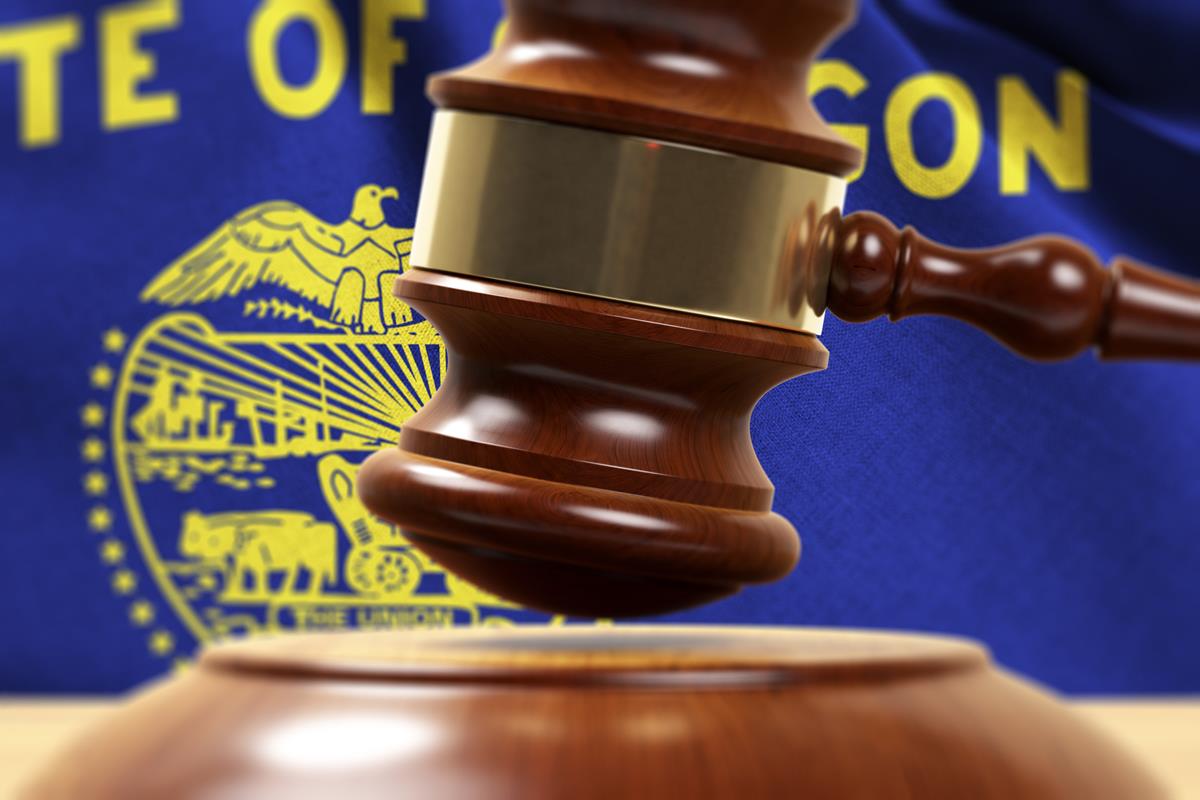
The Importance of Ethics in Engineering
Professional ethics for engineers serve as a guiding principle for making decisions that affect public safety, environmental sustainability, and professional conduct. Ethical engineering ensures that the profession maintains its credibility and that engineers act in the best interest of the public. Ethical violations can result in legal consequences, professional sanctions, and damage to an engineer’s reputation.
Oregon Ethics Rules and Laws for Engineers
Oregon engineers are regulated by the Oregon State Board of Examiners for Engineering and Land Surveying (OSBEELS). OSBEELS enforces rules and laws to ensure that engineers adhere to ethical standards in their professional practice. The primary sources of ethical regulations for engineers in Oregon include:
1. Oregon Revised Statutes (ORS) Chapter 672
ORS Chapter 672 governs the licensing, professional conduct, and disciplinary actions for engineers in Oregon. Key provisions include:
- Licensing Requirements: Engineers must obtain a Professional Engineer (PE) license from OSBEELS to practice in Oregon.
- Standards of Conduct: Engineers must comply with laws and regulations that protect public health, safety, and welfare.
- Disciplinary Actions: The Board has the authority to investigate complaints and take disciplinary action, including suspension or revocation of an engineering license for ethical violations.
2. Oregon Administrative Rules (OAR) 820
OAR 820 further clarifies ethical responsibilities and professional conduct for engineers. Notable rules include:
- Competency and Professionalism: Engineers should only undertake projects within their area of expertise and maintain high professional standards.
- Conflict of Interest: Engineers must disclose any conflicts of interest that could compromise their professional judgment.
- Truthfulness in Public Statements: Engineers must be honest in all communications, ensuring accuracy in reports, statements, and public disclosures.
Key Aspects of Professional Ethics for Engineers
1. Public Safety and Welfare
The foremost duty of engineers is to prioritize public safety and welfare. Engineers must ensure that their work adheres to safety standards and does not pose risks to the community. Ethical engineers should always consider the long-term impact of their projects on society and the environment.
2. Integrity and Honesty
Engineers must act with integrity by being truthful in their professional dealings. Misrepresentation of credentials, falsification of data, or making misleading statements can lead to severe consequences, including legal penalties and loss of licensure.
3. Professional Competence
Professional ethics for engineers require maintaining competence through continuous learning and development. Engineers should seek ongoing education, stay updated with technological advancements, and only accept projects within their areas of expertise.
4. Confidentiality
Engineers must respect client and employer confidentiality. Sharing proprietary information without authorization is considered an ethical breach and may result in legal action.
5. Responsibility to Employers and Clients
Engineers have a duty to be loyal to their employers and clients while upholding ethical principles. If an engineer is asked to engage in unethical or illegal activities, they should refuse and report the issue to the appropriate authorities.
6. Reporting Unethical Conduct
Engineers are encouraged to report any unethical practices they witness. OSBEELS provides mechanisms for reporting violations, and whistleblowers are often protected under state and federal laws.
Consequences of Ethical Violations
Failure to comply with Oregon’s engineering ethics rules and laws can result in disciplinary action, including:
- Fines and penalties
- License suspension or revocation
- Civil or criminal liability
- Damage to professional reputation
Final Thoughts
Adhering to Oregon ethics rules and laws for engineers is essential to maintaining the integrity of the profession. Professional ethics for engineers ensure that public safety, honesty, and competence remain at the forefront of engineering practices. Engineers should familiarize themselves with ORS Chapter 672 and OAR 820, stay updated on ethical guidelines, and always act with integrity. By following these principles, engineers can build trust with the public and contribute positively to society.
For more information on engineering ethics in Oregon, visit the OSBEELS website or consult professional organizations such as the National Society of Professional Engineers (NSPE).
Comments